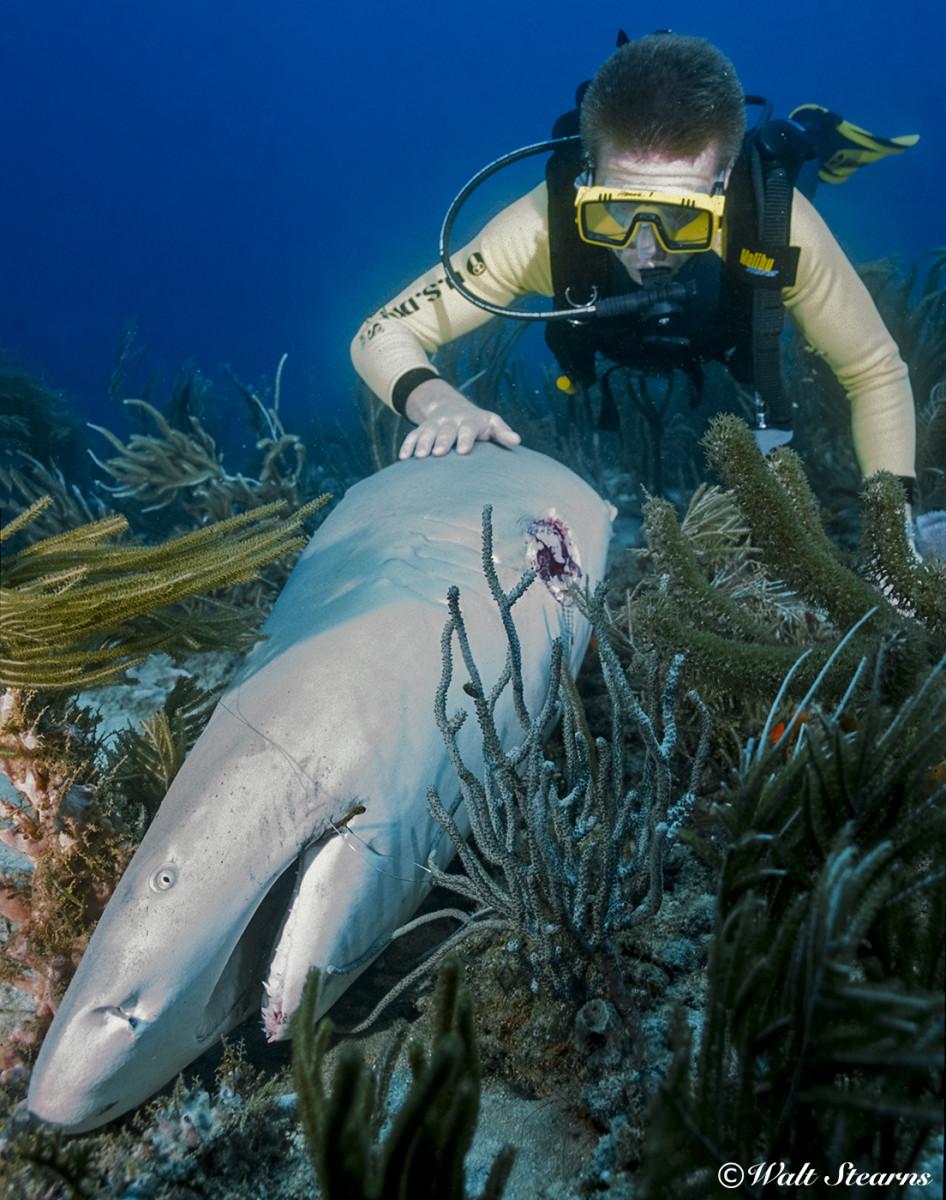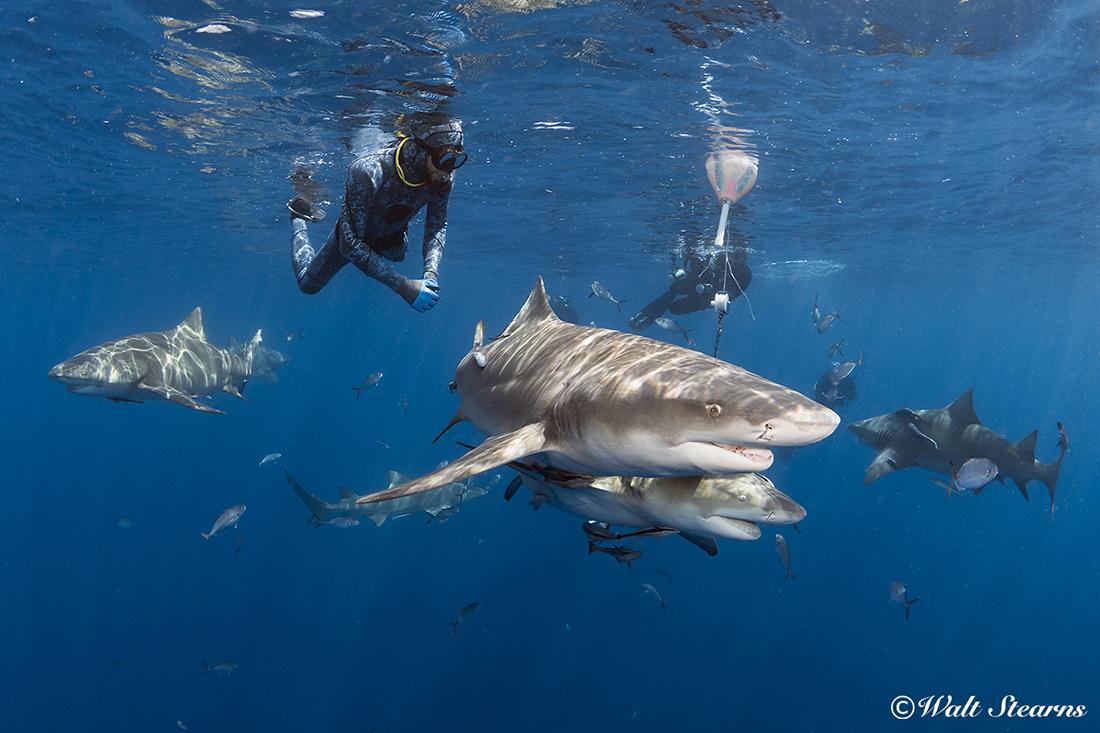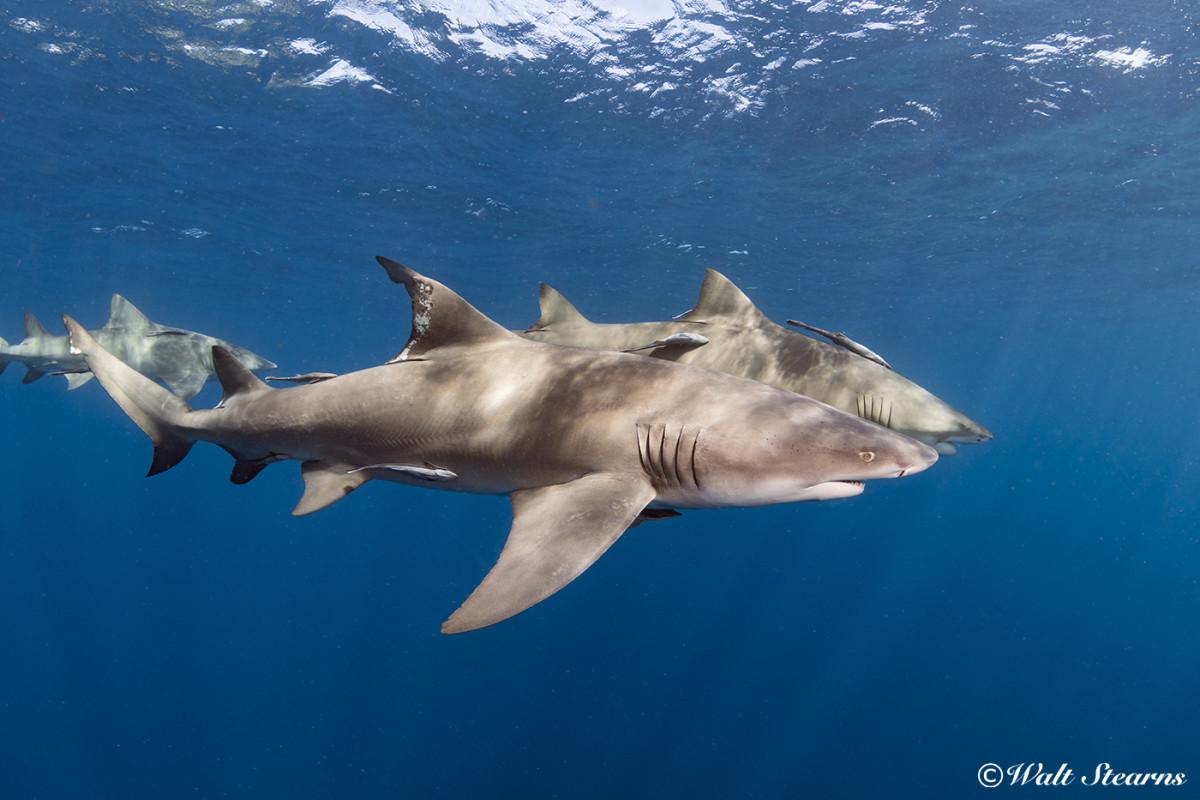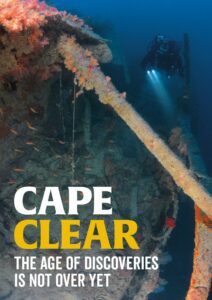Each year, some 100 million sharks are caught only to have their fins sliced from their bodies before they are unceremoniously dumped back in the ocean to die. It's a practice called shark finning, and while it has been condemned and even outlawed in many places, it nevertheless continues, driven by the hefty price the fins command in parts of Asia.
The practice of shark finning was banned in the United States in 2000, and a number of state law prohibit the mass capture of sharks for the purpose of keeping only the fins. Sadly, the true results of these bans are not fully effective, due to a number of loopholes still in place. One loophole in particular allows legal importation of fins through Florida ports by countries that don’t have bans in place — such as China, Indonesia, and Japan.
Fortunately, this loophole may soon be closed. On March 8th, 2020, Florida’s House of Representatives moved forward in passing the Senate version of bill SB 680, which outlaws the import and export of fins to or from Florida. This is seen as significant, as it is a recognition of the value of maintaining a viable shark population.

Florida is a world-renowned destination for diving, snorkeling, and other ocean-based recreation to which businesses directly, as well as indirectly involved depend on vibrant reefs and healthy fish populations. Sharks are important to the state's dive tourism industry. Independent studies showed that shark-related dives in Florida generated more than $221 million in revenue and fueled more than 3,700 jobs in 2016. By contrast, the total U.S. shark fin export market was worth a fraction of that at an estimated value of $1.03 million in 2015.
In short, a live shark, over its lifetime, is worth much more economically to everyone in Florida than the one-time value of fins from a dead shark. But the value of sharks goes far beyond the basic economics of diving and tourism as their role in the ocean’s ecosystem is essential. Without our top predators, the ocean’s balance is threatened; and without balance, Florida’s ocean ecosystems degrade. This affects our reefs, our fishing, and our water quality which in turn impacts every single person living in the state.

Historically, Florida's relatively robust shark fishery in its own coastal waters along with its close proximity to international waters have made the state a major focal point for shark fins imports and exports in the United States. Although the House passed the Senate version of a bill SB 680 (also called the Kristin Jacobs Bill), which outlaws the import and export of fins to or from Florida, the resulting legislation did include one amendment added for domestic fishermen.
Pinned in by Rep. Tobin Overdorf, the added amendment permits the “sale of shark fins by any commercial fisherman who harvested sharks from a vessel holding a valid federal shark fishing permit on January 1, 2020” and “The export and sale of shark fins by any wholesale dealer holding a valid federal Atlantic shark dealer permit on January 1, 2020.”
During the push for the bill, Florida’s commercial fishing industry staunchly expressed concerns that an all-inclusive ban would hurt their businesses. They argued that the sale of fins procured from sharks caught for other legal uses should still be permitted.
Environmental advocacy group Oceana’s deputy vice president Beth Lowell finds this problematic, as Overdorf’s amendment goes against the original intent of the bill. She adds that fins from Florida’s waters will still find their way into the global trade.
“After passage through six House and Senate committees and subcommittees and a near-unanimous vote (the bill passed 119-1, with Rep. Anthony Sabatini the sole dissenter) in the Florida Senate, in the eleventh hour, the Florida House has weakened the bill beyond recognition,” Lowell says.
A similar sentiment was expressed by Rep. Kristin Jacobs in some of her final remarks on the House floor. She noted that a lot of traffic involving the shark fin trade is ongoing through Miami due to their value on the black market.
While this bill may not be perfect in prohibiting the complete import, export, and sale of shark fins in the State of Florida, it still should be seen as good news, as it greatly restricts the practice. Now it is up to the Fish and Wildlife Conservation Commission to evaluate the potential economic impacts to the commercial shark fishing industry in the state, which we hopefully will see when the bill’s effective date kicks in October 1st, 2020








